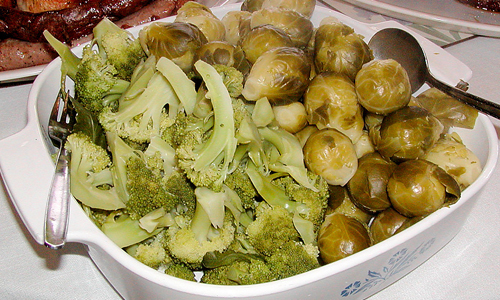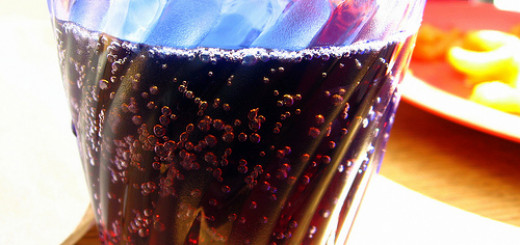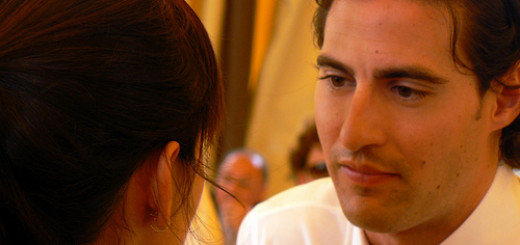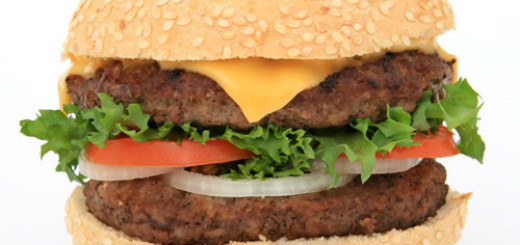4 Flaws of Low Fat Cooking

Obesity is a new age disease; statistics for it did not even exist 50 years back. Thanks to our lifestyle, eating habits and most importantly the FMCG and Retail industry, the boom in these sectors are closely associated with obesity. Everything is available “ready and packaged”. From chopped vegetables to juices, curries to breads, snacks to filtered water, all are available by swiping your card, offline or online. To add to the already existing chaos, the icing on the cake is the flourishing junk food retail chains and increased consumption of aerated drinks. Statistics reveal that 35.7% of adults and 17% children are obese in the US alone! The figures are expected to rise with the passage of time. To curb this maddening situation and fight “fat and flab” people worldwide are switching to low fat cooking, unaware of its flaws and hazards. Listed here are some of the flaws of low far cooking.
1. Cooking in Olive oil
Olive oil contains highest amount of monounsaturated fat which further promotes HDL. It is healthy and is considered the best option among plant oils. But little do many of us know that olive oil is not good for cooking! When exposed to few minutes in high temperature, phytonutrients present in olive oil get destroyed and the good fat in it releases free radicals as it gets oxidized after being exposed to few minutes in high temperature. In short, it does more harm than good. Olive oil is good for salad dressings and soup but not for cooking or deep frying.
2. Boiling veggies
When trying to cut down fat, we tend to substitute calorie laden food with healthier alternatives, thus trying to include more intake of vegetables in our diet plan. But what we are unaware of is the fact that by boiling veggies, we tend to strip them off the essential nutrients we are consuming them for. Hence, the best way to cook veggies is to steam them in a vegetable steamer rather than boiling them at high temperatures.





